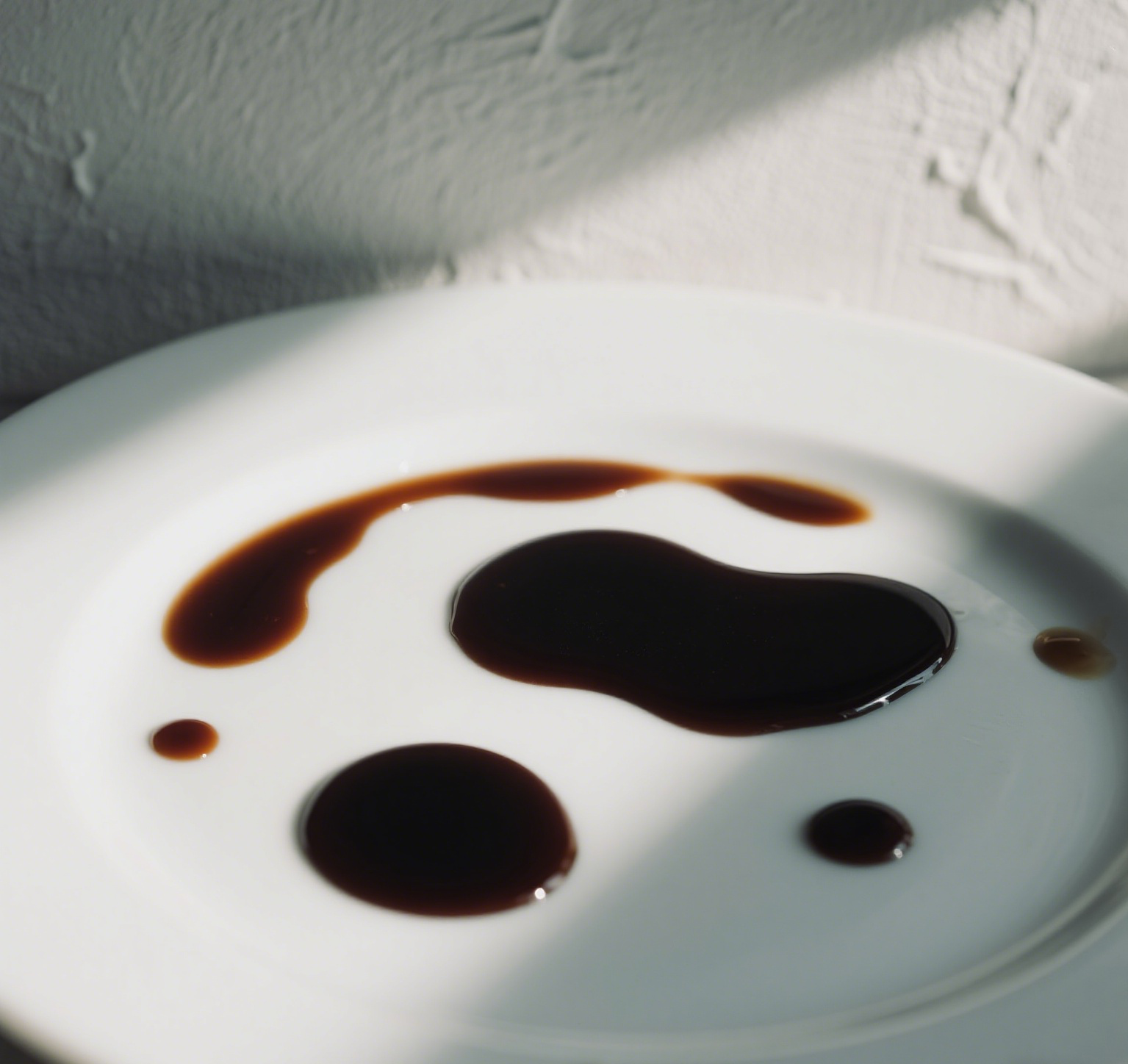Physical Address
304 North Cardinal St.
Dorchester Center, MA 02124
Physical Address
304 North Cardinal St.
Dorchester Center, MA 02124
If vinegars held a gala dinner, balsamic would arrive in a velvet tuxedo while black vinegar would show up in a silk qipao—both sophisticated, but with completely different origin stories. These inky-hued liquids may look like twins in the bottle, but their flavors whisper entirely different secrets.

Fun fact: While balsamic was treasured by Renaissance nobles, black vinegar was the people’s condiment—equally at home in dumpling dips and peasant stews.
Balsamic Vinegar:
Black Vinegar:
Chef’s proverb: “Balsamic is a soloist; black vinegar is the choir.”
Both vinegars boast gut-friendly properties, but:
Warning: No vinegar—no matter how artisanal—cures bad cooking. We tested.
Out of balsamic? A reduced mix of red wine vinegar + maple syrup gets close. Missing black vinegar? Rice vinegar + a dash of molasses approximates its magic. But as any chef will tell you: “Substitutes are like stand-ins for Shakespeare—they’ll say the lines, but the soul’s missing.”
Store both vinegars in cool, dark places (balsamic lasts decades; black vinegar about 2 years). And remember: While balsamic makes Instagram-worthy swirls on plates, black vinegar does its best work humbly in the wok. As culinary historian Fuchsia Dunlop notes: “The West builds flavors upward; Chinese cuisine digs downward into deeper earth.”
Now go forth—your vinegar game just got upgraded from basic to alchemical.